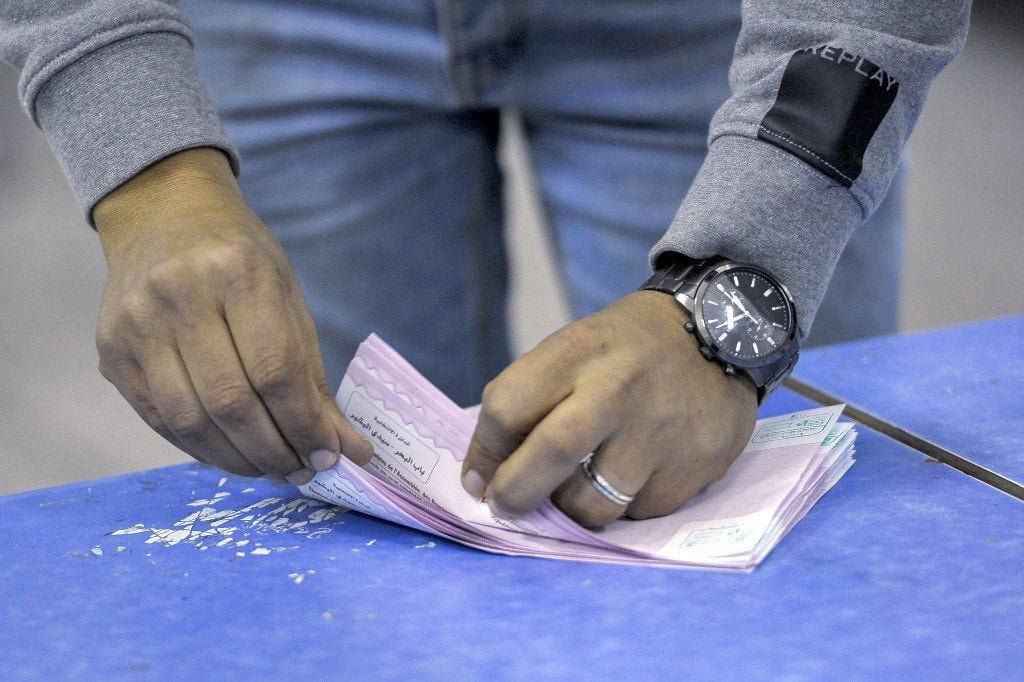Tunisian Parliamentary Election Records Just 8.8% Turnout – Tunisia’s voting turnout has reached a new low following President Kais Saied’s suspension of parliament and subsequent redrawing of the country’s political map. The final vote tally in the legislative election was 8.8%, according to officials at the country’s Instance Supérieure Indépendante pour les Élections (ISIE), however this figure may rise slightly as additional ballots are counted.
Since suspending parliament in July of last year, Saied has implemented a new constitution that has dramatically reduced the significance of the country’s political parties, whom he has labeled as enemies of the people. He was particularly critical of the Ennahda movement, which has dominated the political scene since the country led the wave of regional anti-autocracy protests in 2011.
People Also Read: Peru Ministers Resign After Deadly Protests As Pressure On Government Rises
In place of traditional parties, which Saied blames for the deteriorating economy and widespread unemployment, the president has urged individuals to run in the election on programs that benefit their own community. As a result, 1,055 self-funded candidates competed for 161 seats, creating a one-of-a-kind electoral contest in which many voters were confused who was running and a handful of constituencies only had one candidate on the ballot.
“I came out to support a friend from the neighbourhood,” 19-year-old Omar said of his vote for the one candidate competing at the busy inner Tunis district around Rue de Marseille. “President Saied is bringing change to the country and I’ll always support that,” he told a translator. With many political parties absent, the buildup to the vote has been remarkably low-key, with some voters not even aware that an election was taking place.
“I don’t have any hope,” dentist Lamia Kamoun said, explaining that she hadn’t decided whether to vote. “I had hope in the country, not now. Things have got worse,” she said. By about 1pm on Saturday, two polling stations in the working-class district of Kabaria, near Tunis, had only recorded about 100 votes each, out of a possible 1,800 registered voters across both centres. One ISIE official there said that they had no intention of voting in an election they regarded as holding no significance. “This is just my job,” they said, gesturing around the empty schoolyard.
Closer to the city centre, near the city’s historic medina quarter, one polling station had only recorded about 40 voters out of a possible 900. Speaking from the booths, one official explained that the vote didn’t really stand comparison with previous elections, as it was a unique contest. Announcing the tally, the ISIE president, Farouk Bouasker, appeared to channel the rhetoric of Saied, who has made a great play of conspiracies, attributing the low turnout to “the absence of corrupt political money.”
Initial results should be announced on Monday, with the final results not expected until January. The new body is not expected to sit before March, after tied or close contests are rerun. Max Gallien, from the Institute of Development Studies, tweeted that Tunisia is “on track to deliver the lowest turnout of any election in modern global history, with half the participation of the previous record holders (Haiti 2015 at 18%, Afghanistan 2019 with 19%).”
People Also Read: Tories Make Billionaire Ex-Mubarak Minister Senior Treasurer
Tunisia’s Salvation Front opposition coalition called for Saied to quit on Saturday, saying he had lost his legitimacy given the turnout. The Front, made up of several political parties including the Islamist Ennahda, which was the biggest party in the previous parliament, called for “massive protests and sit-ins” to demand new presidential elections.
Although opposition groups have previously attacked Saied’s political programme, they had not before said he should quit office. “What happened today is an earthquake,” said Front leader Nejib Chebbi. “From this moment we consider Saied an illegitimate president and demand he resign after this fiasco,” he said. He added there should be a short transitional period under a judge followed by presidential elections and a national dialogue.




